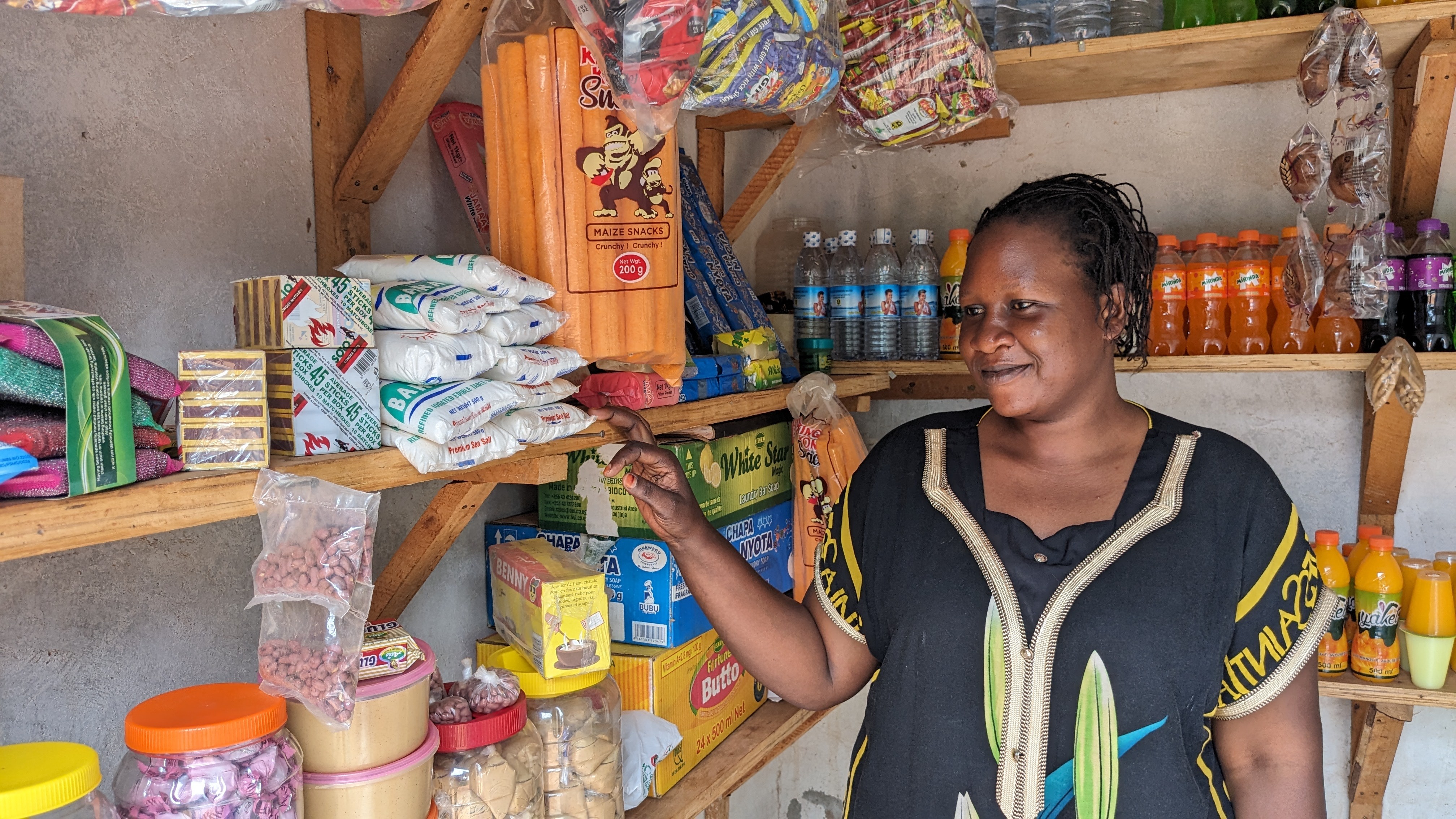In the last week, Hawaii’s lawmakers started discussing basic income and The Economist published a piece on Finland’s basic income experiment. GiveDirectly’s CFO, Joe Huston, spoke at the North American Basic Income Guarantee conference in New York, where he described in detail our own experiment, as well as some of the early qualitative results we’ve gathered from our pilot village.
GIVEDIRECTLY IN THE NEWS
1. Why Mark Zuckerberg Wants to Give You Free Cash, No Questions Asked
Inc, Kaitlyn Wang, June 19, 2017
The eBay founder’s Omidyar Network announced in February that it was investing almost $500,000 in a universal basic income experiment in Kenya backed by the charity GiveDirectly. In the largest UBI experiment to date, the program will provide long-term UBI to 6,000 people for 12 years, and 26,000 people in 200 villages will receive cash transfers in all. In a blog post, the network cited automation and globalization as large disruptions to traditional work structures.
2. Jeff Bezos Crowdsources Philanthropic Plan Via the Troll-O-Sphere (AKA, Twitter)
The Observer, Brady Dale, June 15, 2017
When we looked, we had to scroll 13 tweets down before someone mentioned a specific organization. That distinction went to GiveDirectly, an organization that provides direct cash transfers to people in the developing world.
3. NABIG Plenary session — Joe Huston at 8:30
NABIG Conference, Joe Huston, June 16, 2017
The Sixteenth North American Basic Income Guarantee (NABIG) Congress will be held at the Silberman School of Social Work at Hunter College (2180 Third Ave, New York, NY), June 16-18, 2017, with a special event at the Roosevelt House (47-49 East 65th St) on June 15.
CASH TRANSFERS IN THE NEWS
4. Costly cash transfers are the preferred method of sending money to Africa
Quartz, Abdi Latif Dahir, June 15, 2017
This “stickiness of cash” is a factor contributing to making Africa the most expensive region to send money to—averaging 9.8% of the amount sent. The costs of sending money from the UK is especially prohibitive for countries like Rwanda, Zambia, and Eritrea, where competition is among service providers is low or nonexistent, and for South Sudan, where poor infrastructure and the scarcity of operators makes sending money relatively expensive.
5. Does Namibia’s Fiscal Policy Benefit the Poor and Reduce Inequality?
The World Bank, June 13, 2017
The overall impact of Namibia’s fiscal policies kept another 118,000 Namibians out of poverty in 2009/10, according to a joint report by the Namibia Statistics Agency and World Bank. Does Fiscal Policy Benefit the Poor and Reduce Inequality in Namibia? explores whether the government is making the best possible use of its policies to reduce its high rates of poverty and inequality.
EFFECTIVE ALTRUISM IN THE NEWS
6. This Fund Lets You Pool Your Money To Help The Most Efficient Charities
Fast Company, Ben Paynter, June 20, 2017
So in February, the Centre For Effective Altruism, a philanthropy research group that advocates for cost efficient, evidence-backed interventions that help the most people per dollar spent, debuted its own fix for that problem: The Effective Altruism Funds. The EA Funds are comprised of four separate cause-related investment portfolios. The topics include global health and development, animal welfare, long-term future crises like extreme climate change, nuclear war, pandemics, and particularly unforeseen AI complications, and effective altruism community building (to research and fund similar programs.)
BASIC INCOME IN THE NEWS
7. Finland tests an unconditional basic income
The Economist, June 20, 2017
Mr Jarvinen’s luck turned in January. That is when he was picked at random from Finland’s unemployed (who total 10% of the workforce) to take part in a two-year pilot study to see how getting a basic income, rather than jobless benefits, might affect incentives in the labour market. He gets €560 ($624) a month unconditionally, so he can add to his earning without losing any of it. Not only is he active in seeking work and creating a business, he also says he is much less stressed, relieved from the “silly show” of filling out monthly forms or enduring official interviews to prove his job-seeking efforts.
8. Hawaii is considering creating a universal basic income
Vox, Dylan Matthews, June 15, 2017
It has a long way to go, but Hawaii is now one step closer to adopting a full universal basic income for all its residents. Basic income — a plan under which the government would regularly send everyone in a given country/state/city/etc. money just for being alive — has been gaining a significant amount of interest in recent years, with trials ongoing or set to start in Finland, Ontario, and Kenya. The Hawaii state legislature has unanimous passed a concurrent resolution which sets up a “basic economy security working group” tasked with considering the idea.

